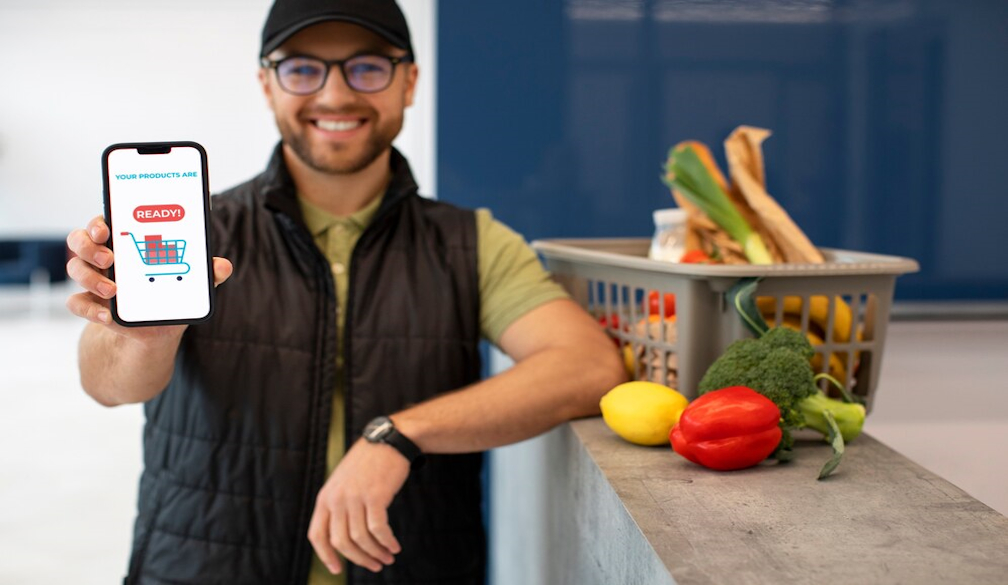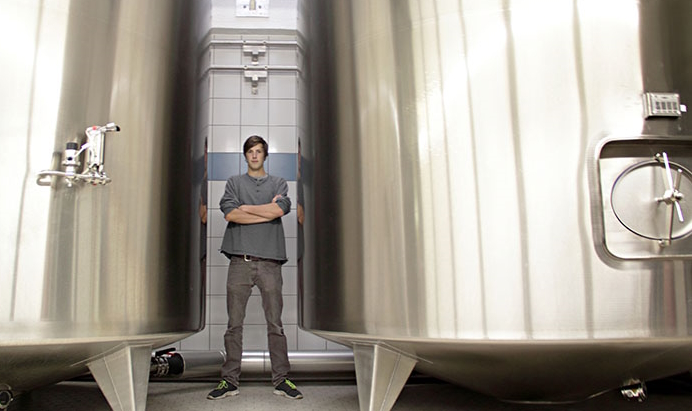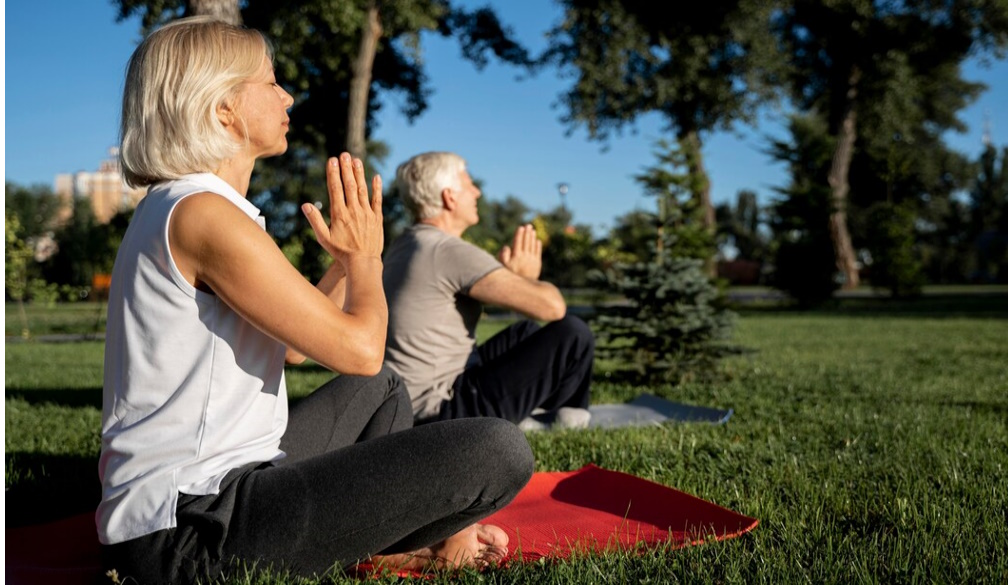7 rules for a respectful and worthwhile Voice referendum
- Written by Joe McIntyre, Associate Professor of Law, University of South Australia
In October, Australians are, for the first time in a generation, going to the polls to vote in a referendum.
Unfortunately, we’re out of practice in how to conduct ourselves in a referendum. This process is supposed to promote dialogue about the fundamental rules and identity of our nation.
Yet passions can run hot, and misinformation is rife. How can we make sure our discussions with friends and family are respectful? How can we find reliable sources to ensure we make an informed choice? These seven rules may help.
Read more: The Voice to Parliament explained
Rule 1: remember there is no right answer
First, there is no one right answer. No side has the exclusive claim to the right(eous) solution, and there are valid concerns and arguments for both sides. You are not racist because you vote “no”. You are not a woke idealist because you vote “yes”.
While the “yes” and “no” campaigns rely heavily on emotional motifs, ultimately each Australian voter is entitled to make their own choice based on the best evidence.
Even some experts disagree, for example, on whether the change is constitutionally risky or not – depending on their risk appetite and ideological viewpoints. There is no single answer, and the consequences of either choice are uncertain.
A proposal to change the Constitution is an opportunity for us to reflect on the type of nation we wish to be. In a democracy, that means valuing a wide range of different perspectives and opinions.
The Uluru Statement offered one vision for recognition of First Nations people in Australia. It was an invitation from a significant body of Indigenous leaders to walk a particular path.
At the referendum we are asking whether that path is, at this time, the specific path the Australian people wish to walk.
Rule 2: don’t approach a referendum as if it is an election
Given the lack of bipartisan support for the proposal, it’s easy to default to the tribal operating mode of the three-year electoral cycle. This is wrong. A referendum is not like an election, in which we support one party or another. Instead, we have three parts:
- what is being proposed
- the case for reform
- the case against reform.
In the bipartisan 1967 referendum, little attention was paid to what was being proposed – with the result that it remains poorly understood.
The ‘67 referendum allowed the government to make special laws for Indigenous people, and ensured all Indigenous people were counted in the census. However many people mistakenly believe the referendum gave Indigenous people the right to vote, or citizenship, or that they were previously counted as flora and fauna.
The benefit of a contested Voice referendum is that there is accurate, impartial and accessible information about the proposal – including its design, history and objectives.
The challenge is to remain alert to the distinction between the factual question of what is being proposed, and the policy question of whether we support it or not.
Rule 3: remember the Constitution belongs to all of us, and we can change it
It’s important to understand some key points about our constitution. Constitutions serve a number of roles: they create the basic political and legal institutions of a society, and regulate how they operate, interact and are limited.
But they are also a potent symbol of national identity and a means of refining and crafting a defining national narrative.
Australia’s Constitution is not a religious text. It was designed to evolve and change. It should not be viewed as static or set in stone.
We have had 44 referendums in our history, at an average of one every 2.7 years.
While only eight referendums have passed, five received majority support and another nine achieved more than 49% support.
The Constitution belongs to all of us, and we all have a right to have a say in its development. We are entitled to renew and reform it – and if something doesn’t work, to try again.
Rule 4: don’t believe (or repeat) everything you hear
Unfortunately, both disinformation and misinformation are rife in the public debate about the Voice. Both campaigns can (lawfully) lie to you.
While the Australian Electoral Commission has an online referendum disinformation register addressing errors about the referendum process, there is no register of misinformation about the Voice proposal itself.
Academics and media organisations (including RMIT ABC Fact Check, AAP Fact Check and AFP Fact Check) are fact-checking claims about the Voice.
Yet it remains difficult to isolate accurate information in a contested space. There remains a key difference between factual claims that can be verified, and subjective claims or opinions which cannot.
This referendum demands we critically reflect on the source, authority and ambitions underlying all information we see, hear and share.
Rule 5: it’s OK to find this hard and confusing
The contested nature of the referendum, endless misinformation, complex social issues and lack of practice with referendums will leave many of us feeling confused and overwhelmed. This is OK. This referendum is complex, and raises many issues.
This is compounded by our lack of legal literacy and civics education. Too often, Australians feel alienated from our legal institutions.
Every year, one in four Australians experience a substantial legal problem. However, only 3% of those problems are resolved through the legal system, with many choosing not to take action due to cost or not knowing what to do, or resolving the matter outside of the courts.
Without meaningful regular engagement with the law, we too often lack the language and framework to understand something so complex and archaic. It’s therefore completely understandable we may struggle with esoteric issues such as constitutional law.
Rule 6: don’t be afraid of expertise
The corollary of this, however, is that we should not be afraid of turning to experts to understand and assess the issue. The referendum is replete with issues that are technical and specialised.
The good news is there are lots of experts trying to help the public understand the issues, including Law Councils, former judges, and legal academics.
Rule 7: if you don’t know, learn
This leads to perhaps the most important point: as citizens, we have an obligation to ensure we are informed about the key ideas and issues before we enter the ballot box.
Fortunately, there are many excellent sources - including podcasts, short videos and discussions, and carefully curated websites – that have been designed by experts to ensure Australians are empowered to make a meaningfully informed choice. These sources are designed to provide impartial, accurate and accessible information.
Ultimately, the Voice proposal is about the dignity offered by listening to diverse opinions. Our challenge is to bring this same approach to our discussions about the referendum. These rules should help.
Read more: Your questions answered on the Voice to Parliament
Authors: Joe McIntyre, Associate Professor of Law, University of South Australia
Read more https://theconversation.com/7-rules-for-a-respectful-and-worthwhile-voice-referendum-212974

















